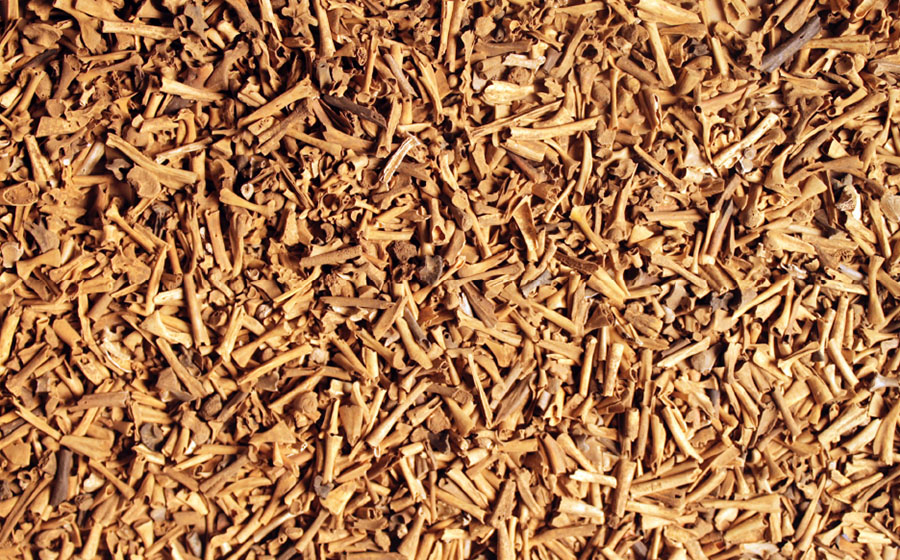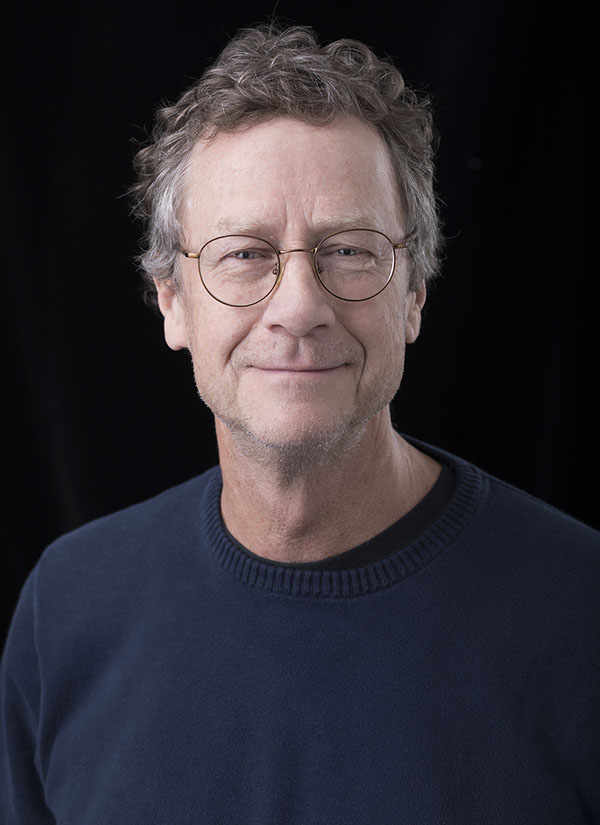BOONE, N.C. — Dr. Tom Whyte likes to dig in the dirt — and solve old mysteries while he’s at it. As a professor in Appalachian’s Department of Anthropology, he leads students in his Experimental Archaeology class to discover answers about precolonial life.
As Whyte described, the weirdest research he has performed involved a pile of over 17,000 toad bones, excavated from a single 7-by-12-foot pit dated from the 1400s in what was determined to be a Native American Cherokee settlement in the Appalachian Summit of Western North Carolina. The strangest part? There were few — if any — head bones.
Why were there so many toads buried in one place? And why were they headless? Were the head glands, full of potentially hallucinogenic bufotoxins, used in some sort of ritual elsewhere in the camp? Or were the head bones — smaller, more fragile and more camouflaged in appearance than the other bones — simply lost in the shuffle?
Whyte set up experiments to see if bias from inexperienced sorting or if differing rates of decomposition might explain the lack of head bones. He and his students excavated window wells from a 60-year-old house, where frogs, toads and other small animals had become entrapped and died over the years.
When bones of animals are examined, specimens showing cultural modifications such as burning or cut marks may indicate the remains of food or other use by humans, Whyte explained. Animals expiring as a result of natural entrapment leave bones unmarked in these ways, and the bones are usually more complete.
After examining sorting methods and preservation of the bones from the window wells, Whyte and the student researchers concluded the Cherokee at the Appalachian Summit site likely decapitated the toads where they were captured — probably in breeding ponds and puddles — then brought the carcasses back to the campfire for preparation. After eating, the bones were discarded in the pit — to be discovered centuries later.
What do you think?
Share your feedback on this story.
About the Department of Anthropology
The Department of Anthropology offers a comparative and holistic approach to the study of the human experience. The anthropological perspective provides a broad understanding of the origins as well as the meaning of physical and cultural diversity in the world — past, present and future. Learn more at https://anthro.appstate.edu.
About the College of Arts and Sciences
The College of Arts and Sciences (CAS) at Appalachian State University is home to 17 academic departments, two centers and one residential college. These units span the humanities and the social, mathematical and natural sciences. CAS aims to develop a distinctive identity built upon our university's strengths, traditions and locations. The college’s values lie not only in service to the university and local community, but through inspiring, training, educating and sustaining the development of its students as global citizens. More than 6,800 student majors are enrolled in the college. As the college is also largely responsible for implementing App State’s general education curriculum, it is heavily involved in the education of all students at the university, including those pursuing majors in other colleges. Learn more at https://cas.appstate.edu.
About Appalachian State University
As a premier public institution, Appalachian State University prepares students to lead purposeful lives. App State is one of 17 campuses in the University of North Carolina System, with a national reputation for innovative teaching and opening access to a high-quality, cost-effective education. The university enrolls more than 21,000 students, has a low student-to-faculty ratio and offers more than 150 undergraduate and 80 graduate majors at its Boone and Hickory campuses and through App State Online. Learn more at https://www.appstate.edu.


![Mystery surrounds ancient toad bones found in NC mountains. Where are the heads? [faculty featured]](/_images/_posts/2019/10/mystery-surrounds-ancient-toad-bones-600x400.jpg)




![How NCInnovation Is Rethinking Economic Development in North Carolina [faculty featured]](/_images/_posts/2026/02/rethinking-economic-development-600x400.jpg)






